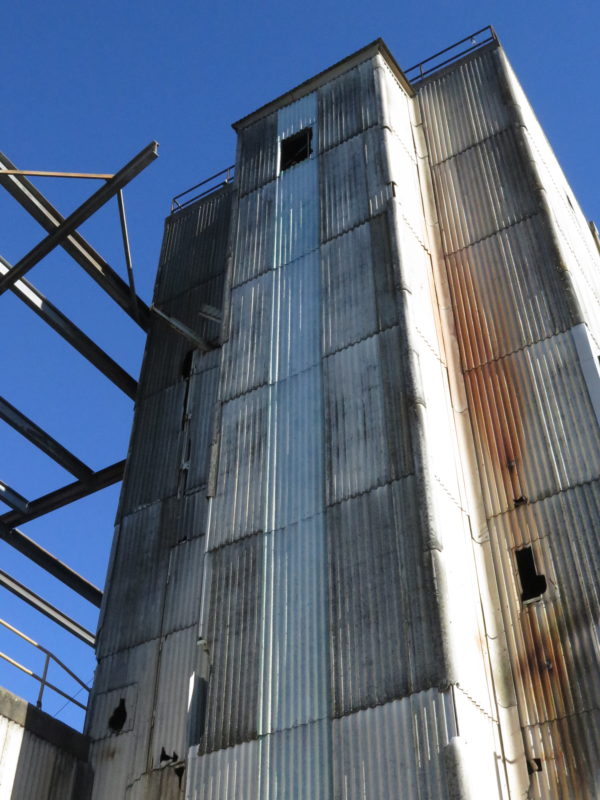
Last week I found myself averting my eyes every time I came across images or words on the carnage in Syria. I simply could not integrate the fact that we are witnessing another genocide, and I, personally, as a by-stander, doing nothing. Those who are so much more familiar to me, the European poets of the 1930s, who faced the same situation as today’s Syrians, some lucky to escape some not, at least wrote about their experience, facing it head on.

This week, then, I will dig out some of that poetry as a stand-in for what Syrians experience right now, as a way to confront my own cowardice when I try not to think about war.

Some of the poets are well known, others less so. I will start with one of the latter, Masha Kaléko. A Galician Jew, she moved to Germany with her parents to flee the progoms; living in Frankfurt, Marburg, and eventually Berlin she became part of a group of writers know for their political approach and everyday wit. In 1938 she had to flee again, this time the Nazis. In New York she faced poverty and isolation, trying to support a scholar husband and a young son while trying to learn the language. Her husbands occupation as a scholar of synagogal music eventually led them to Israel, where she again had no words and needed to make ends meet. In the 1960s her poetry saw a revival in Germany which was brought to a halt when she declined a major literary prize because one of the jury members had belonged to the SS. She died miserably of stomach cancer, having lost her 31 year old son and husband in short succession to illness, in Zurich. The link below gives a comprehensive description of a life lived out of a suitcase.
https://jwa.org/encyclopedia/article/kaleko-mascha

It is hard to find her poetry in English. The book below is out of print; I believe it is also extraordinarily difficult to translate her German, since it has a certain style that is know as Berliner Schnauze, a Berlin argot that refuses to be transnational.
Mascha: The Poetry of Masha Kaleko – Andreas Nolte.

This is the one poem I could find in translation.
Not a Children’s Song
No matter where I travel,
I go to Nowhereland.
The suitcase full of longing,
Just knick-knacks in my hand.
As lonely as the desert wind.
As homeless as the sand.
No matter where I travel,
I come to Nowhereland.
The forests are all gone now,
Each home a firebrand.
Found no one left whom I know.
Not one knew me first-hand.
And when the alien bird cried out,
I ran, could not withstand.
No matter where I travel,
I come to Nowhereland.







Sara Lee
Heartbreaking: Kaleko’s poem (and life story) and what is happening (i.e., continues to happen) in Syria.
Tricia
Thank you for sharing the poem that you could find.
Tina Landfried
Thank you.
The children are crying underground.
Heartbreaking.